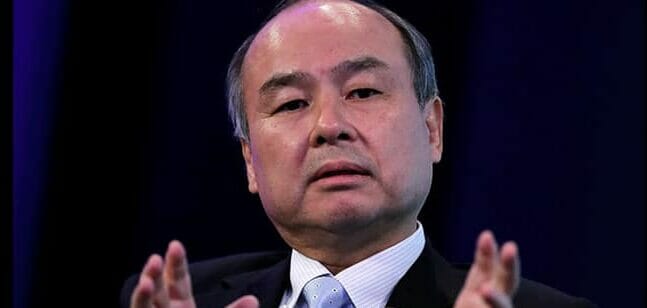WeWork Declares Doubts on Ability to Continue as Going Concern

WeWork said there is substantial doubt about its survival
WeWork, the flexible office operator which once promised to “elevate the world’s consciousness, in its second quarter earnings report on Tuesday declared “substantial doubt” regarding the company’s ability to continue operating amid ongoing losses and declining membership.
While WeWork trimmed its net loss to $397 million in the second quarter from $635 million in the same period a year earlier, the company still ended the first half of 2023 with $696 million in losses and just $239 million in cash on hand.
“The company’s ability to continue as a going concern is contingent upon [the] successful execution of management’s plan to improve liquidity and profitability over the next 12 months,” WeWork said.
The Softbank-backed company said it plans to bail itself out via reducing rent and occupancy costs by seeking more favourable leasing terms, reducing member churn and boosting new sales, controlling costs and seeking fresh cash via debt, equity or asset sales.
Cash Needed Quick
“The company’s transformation continues at pace, with a laser focus on member retention and growth, doubling down on our real estate portfolio optimization efforts, and maintaining a disciplined approach to reducing operating costs,” interim chief executive David Tolley said in a statement.

Masayoshi Son has made an estimated $18 billion disappear inside WeWork
WeWork’s latest signs of financial distress come three months after the departure of chief executive Sandeep Mathrani, who had been brought on board to turn around the loss-making company after its failed 2019 attempt at what had been touted as a nearly $50 billion IPO.
Mathrani’s May exit was followed within one week by the departure of CFO Andre Fernandez. A former Blackstone partner, Tolley was named to WeWork’s board by Softbank in February before stepping into the temporary CEO job three months later.
The leadership departures came just two months after WeWork had reached an agreement with bondholders and its largest shareholder, Softbank to cancel or convert to equity around $1.5 billion in debt. That March deal also included extending the maturity on another $1.9 billion in debt.
Shares Drop
While WeWork’s management pointed to a 4 percent year on year increase in revenue to $844 million in the second quarter, investors reacted to the company’s announcement by driving its stock down 5.5 percent on Tuesday following the news. Shares fell by more than another 25 percent before the NYSE opened on Wednesday.
Having been denied its IPO payday, the company had gone public in 2021 via a SPAC scheme, with its stock having since shed nearly 98 percent of its value.
As of end-June, the company’s real estate portfolio consisted of 610 locations in 33 countries. This leased space accommodates around 715,000 workstations for its 512,000 physical members. That membership headcount is down 3 percent from a year earlier, with the company achieving a physical occupancy rate of 72 percent.
With WeWork offering no details on potential fundraising, and given the company’s warning of potential financial collapse, its ability to continue hinges on Softbank, which is both the company’s largest shareholder and its chief creditor.
The Japanese venture capital firm headed by Masayoshi Son had engineered WeWork’s much-hyped pre-IPO valuation through a mix of hype and financial gymnastics, and is estimated to have invested more than $18 billion into the company.
With WeWork’s market cap standing at just over $450 million at the close of the market on Tuesday and without permanent management in place, the company’s future may depend on Softbank’s willingness to pour more cash into its shared office dream.
